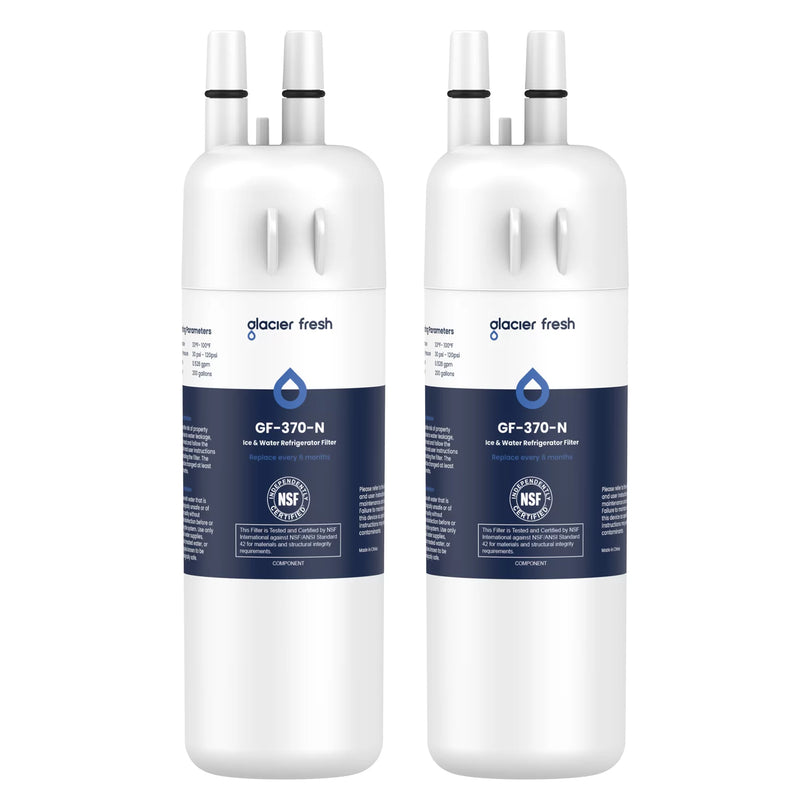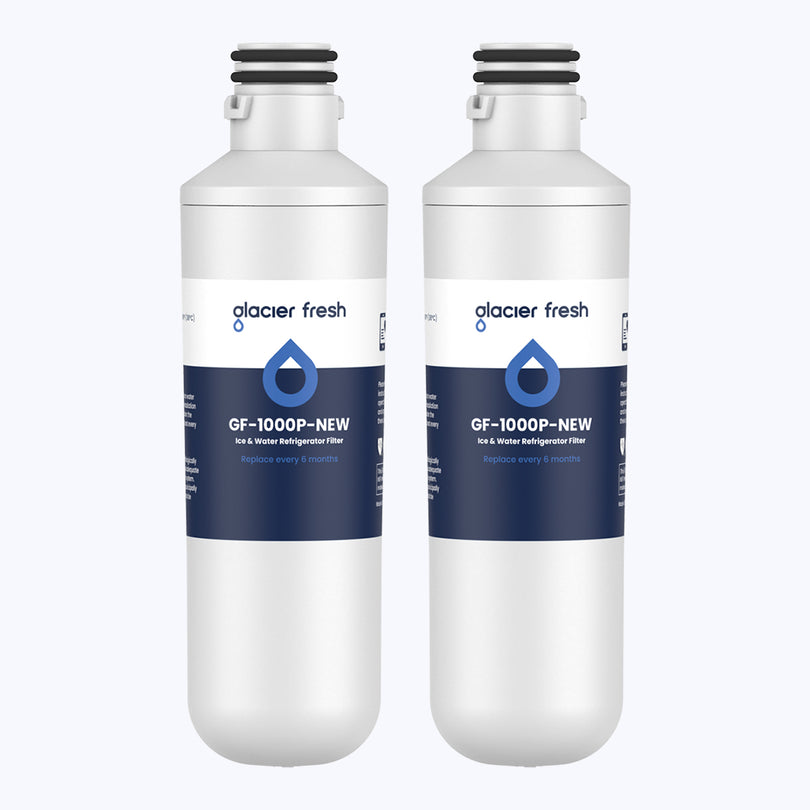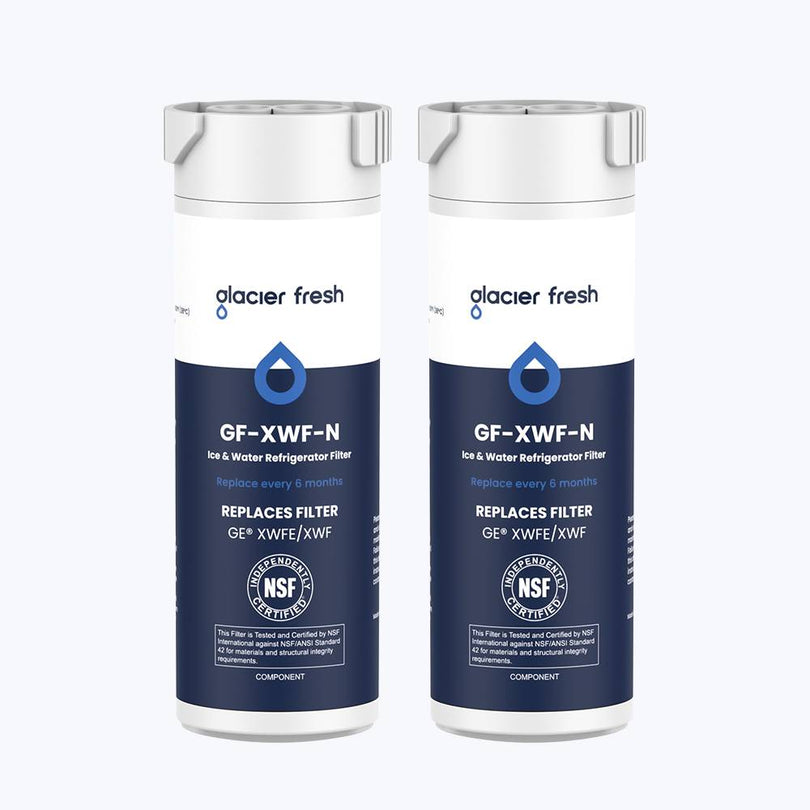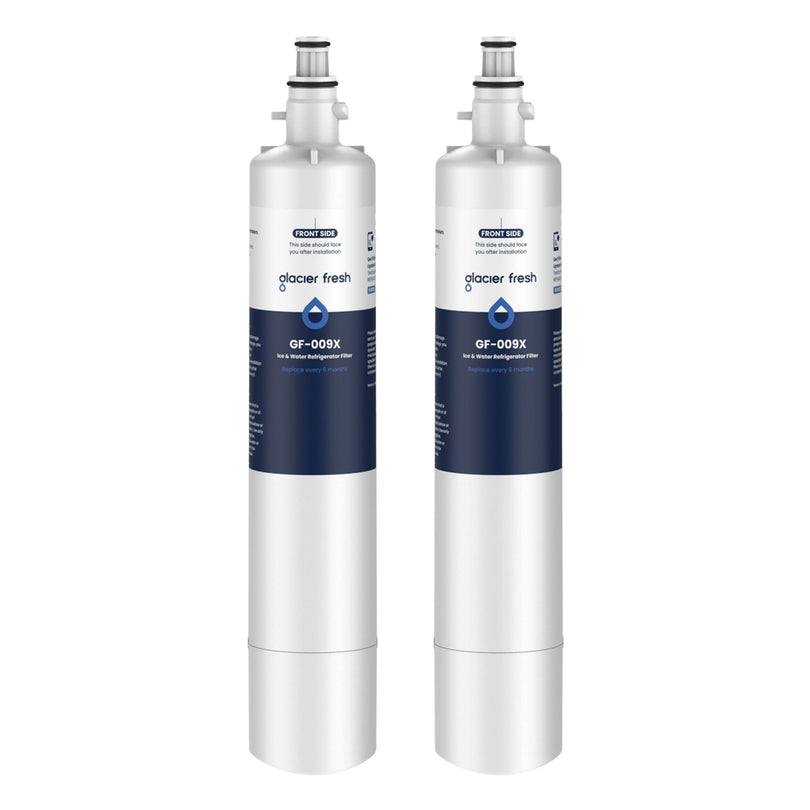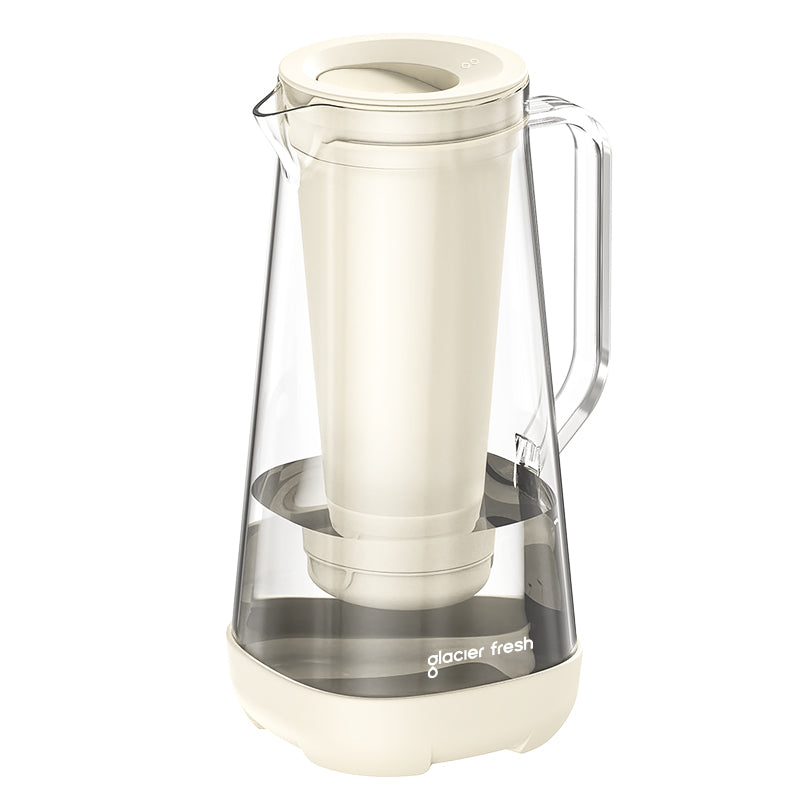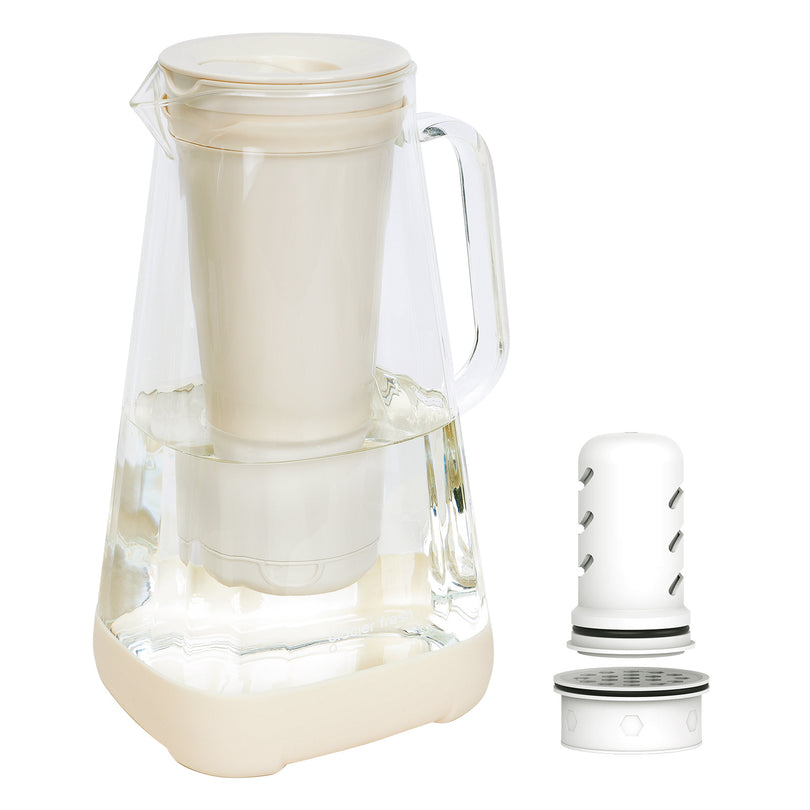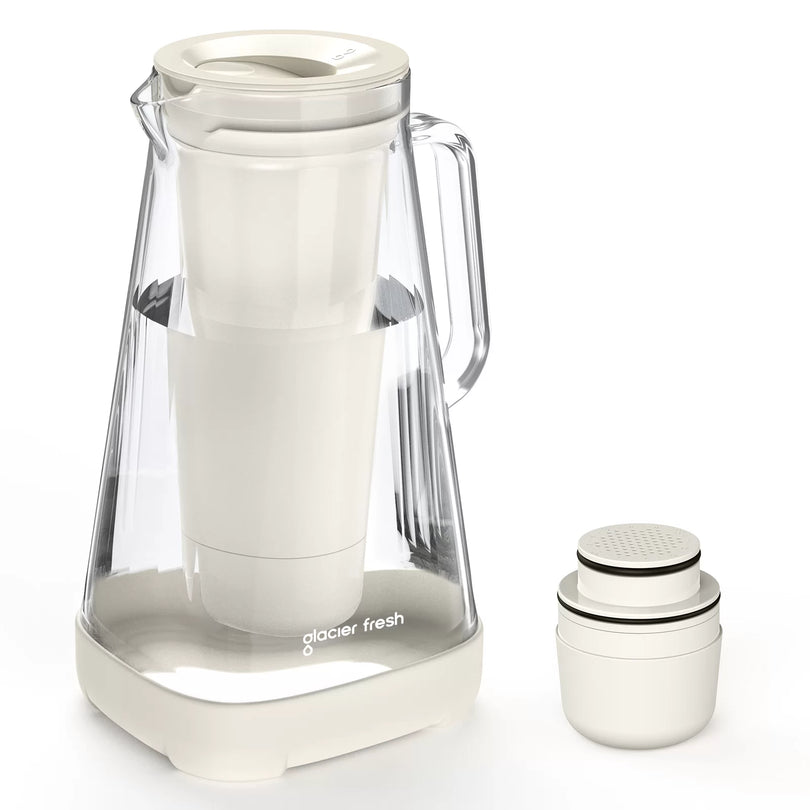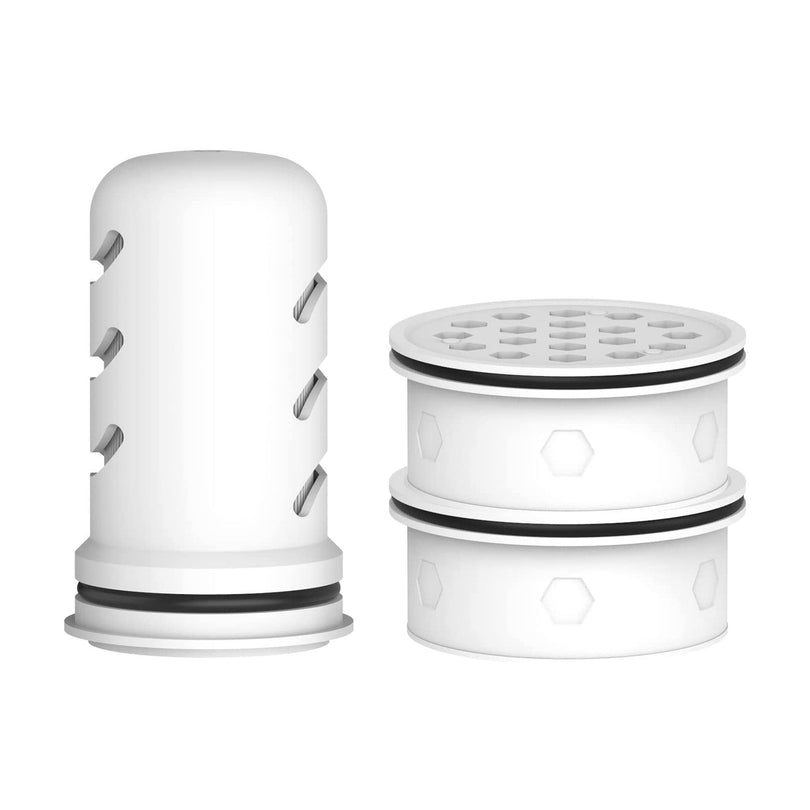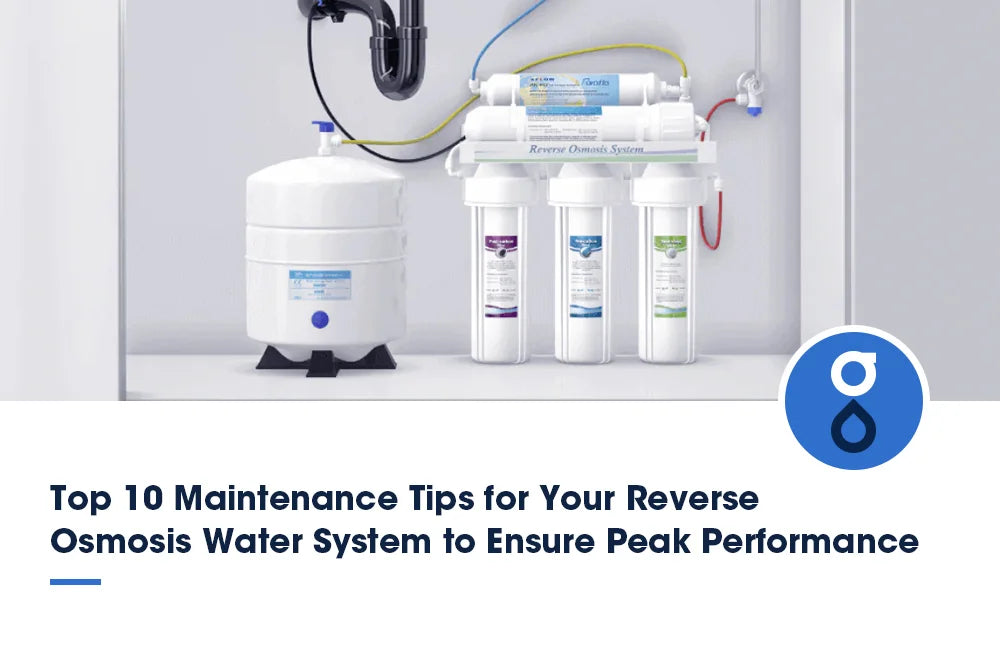Table of Contents:
Warum ist die Wasserqualität beim Waschen wichtig?
Die Auswirkungen von hartem Wasser auf Ihre Kleidung
Die Rolle von enthärtetem Wasser bei der Verbesserung der Wäsche
Vorteile der Verwendung von gefiltertem Wasser zum Waschen
Wie macht gefiltertes Wasser Kleidung weicher und glänzender?
Tipps und Techniken für optimale Waschergebnisse
FAQs
Abschluss
Wäsche waschen ist eine Hausarbeit, die die meisten von uns regelmäßig erledigen. Wir waschen unsere Kleidung in der Hoffnung auf das bestmögliche Ergebnis: weiche, frisch duftende und strahlende Kleidung. Doch was wäre, wenn es eine einfache, aber effektive Möglichkeit gäbe, unsere Waschroutine zu verbessern und die Ergebnisse noch weiter zu steigern? Gefiltertes Wasser könnte der Schlüssel zu mehr Weichheit und Glanz unserer Kleidung sein. In diesem Artikel untersuchen wir die Vorteile von gefiltertem Wasser beim Waschen und wie es das Aussehen und die Haptik Ihrer Kleidung spürbar verbessern kann.
Warum ist die Wasserqualität beim Waschen wichtig?

Die Bedeutung der Wasserqualität für saubere und frische Wäsche kann nicht genug betont werden. Wasserfilterung sorgt dafür, dass Ihre Kleidung nach jedem Waschgang weich und glänzend wird. Gefiltertes Wasser hilft, Verunreinigungen und Mineralien zu entfernen, die Ihre Kleidung rau und stumpf machen.
Filtersysteme verbessern die Weichheit des Wassers und tragen so zur Weichheit Ihrer Wäsche bei. Das Fehlen aggressiver Mineralien verbessert zudem die Helligkeit Ihrer Kleidung, sodass Ihre weiße Wäsche weiß und die Farben leuchtend bleiben. Die Investition in ein Wasserfiltersystem kann die Qualität Ihrer Wäsche deutlich verbessern. Es trägt nicht nur dazu bei, die Weichheit und Helligkeit Ihrer Kleidung zu erhalten, sondern verlängert auch deren Lebensdauer.
Die Auswirkungen von hartem Wasser auf Ihre Kleidung

Die Verwendung von hartem Wasser beim Waschen kann verschiedene nachteilige Auswirkungen auf Ihre Kleidung haben, wie z. B. Mattheit und Rauheit. Hartes Wasser enthält hohe Mengen an Mineralien wie Kalzium und Magnesium, die sich mit der Zeit in den Textilfasern ablagern können. Diese Mineralablagerungen beeinträchtigen das Aussehen und die Haptik Ihrer Kleidung und verkürzen ihre Lebensdauer. Die aggressiven Mineralien im harten Wasser können dazu führen, dass sich Ihre Kleidung steif und kratzig anfühlt und schneller verschleißt als beim Waschen mit weichem Wasser.
Darüber hinaus kann die schlechte Wasserqualität, die mit hartem Wasser einhergeht, die Weichheit Ihrer Textilien beeinträchtigen. Die Mineralien im harten Wasser können die vollständige Auflösung von Waschmitteln verhindern und Rückstände auf Ihrer Kleidung hinterlassen, die zu einer rauen Textur beitragen. Dies kann sich besonders bei empfindlichen Textilien bemerkbar machen, die eine schonende Pflege benötigen.
Die Rolle von enthärtetem Wasser bei der Verbesserung der Wäsche

Die Verwendung von enthärtetem Wasser kann die Qualität und das Aussehen Ihrer Wäsche deutlich verbessern. Wasserenthärter reduzieren den Härtegrad Ihres Leitungswassers, was sich positiv auf die Textilpflege auswirken kann. Hartes Wasser enthält Mineralien, die sich in Ihrer Kleidung ablagern und sie steif und stumpf machen können. Sie können dieser Ablagerung vorbeugen, indem Sie enthärtetes Wasser für Ihre Wäsche verwenden und Ihre Textilien weich und strahlend halten.
Auch die Helligkeit der Wäsche wird durch die Verwendung von enthärtetem Wasser verbessert. Die in hartem Wasser enthaltenen Mineralien können dazu führen, dass Textilien schmuddelig und verblasst aussehen. Enthärtetes Wasser hingegen trägt dazu bei, die Helligkeit Ihrer Kleidung zu erhalten und die Farben auch nach vielen Wäschen frisch und leuchtend aussehen zu lassen.
Die Verwendung von enthärtetem Wasser verbessert nicht nur die Helligkeit und Weichheit der Wäsche, sondern trägt auch zu einer besseren Textilpflege bei. In enthärtetem Wasser gewaschene Textilien halten aufgrund der geringeren Mineralablagerungen tendenziell länger, sodass die Kleidung länger besser aussieht und sich besser anfühlt. Steigen Sie für Ihre Wäsche auf enthärtetes Wasser um, um diese Vorteile selbst zu erleben.
Vorteile der Verwendung von gefiltertem Wasser zum Waschen

Die Umstellung auf gefiltertes Wasser für Ihre Wäsche kann Ihnen über enthärtetes Wasser hinaus weitere Vorteile bieten. Die Verwendung von gefiltertem Wasser bietet unter anderem folgende Vorteile:
- Wascheffizienz : Gefiltertes Wasser sorgt für eine bessere Schaumbildung der Waschmittel und verbessert so die Reinigungsleistung. Das Fehlen von Verunreinigungen im gefilterten Wasser ermöglicht ein besseres Spülen und verringert die Wahrscheinlichkeit von Seifenrückständen auf Ihrer Kleidung.
- Wasserfilterung : Gefiltertes Wasser entfernt Verunreinigungen wie Chlor , Sedimente und Chemikalien, die Textilien angreifen können. Durch die Verwendung von gefiltertem Wasser verhindern Sie, dass diese Substanzen die Farbe und Textur Ihrer Kleidung beeinträchtigen, und verlängern so die Lebensdauer Ihrer Kleidungsstücke.
- Textilpflege : Die Reinheit des gefilterten Wassers sorgt für eine schonendere Wäschebehandlung beim Waschen. Ohne schädliche Substanzen verblassen, schrumpfen oder werden Ihre Textilien weniger leicht beschädigt. Gefiltertes Wasser trägt dazu bei, die Integrität Ihrer Kleidungsstücke zu erhalten und sie länger wie neu aussehen zu lassen.
Wie macht gefiltertes Wasser Kleidung weicher und glänzender?
Die Verwendung von gefiltertem Wasser beim Waschen sorgt für spürbar weichere und strahlendere Kleidung. So profitieren Sie von der Wasserfiltration:
- Reduzierte Mineralablagerungen: Durch das Filtern von Wasser werden Mineralien wie Kalzium und Magnesium entfernt, die Kleidung steif und stumpf machen können.
- Schonender für Textilien: Gefiltertes Wasser ist weicher, beschädigt die Stofffasern weniger und erhält die Weichheit Ihrer Kleidung.
- Verbesserte Waschmittelleistung: Mit gefiltertem Wasser können Waschmittel besser schäumen und Schmutz und Flecken effektiver entfernen, was zu strahlenderer Kleidung führt.
- Vermeidung von Seifenschaum: Gefiltertes Wasser reduziert die Bildung von Seifenschaum auf der Kleidung und verhindert, dass diese mit der Zeit stumpf und grau wird.
- Verbesserter Spülgang: Gefiltertes Wasser sorgt für einen saubereren Spülgang und entfernt alle Waschmittelrückstände, die dazu führen, dass sich die Kleidung steif anfühlt und verblasst aussieht.
Tipps und Techniken für optimale Waschergebnisse

Wählen Sie das passende Waschmittel für Ihre Kleidung und Flecken, um optimale Waschergebnisse zu erzielen. Behandeln Sie Flecken vor dem Waschen mit einem Fleckenentferner oder einer Mischung aus Essig und Natron vor. Beachten Sie außerdem diese Tipps für eine effektive Textilpflege:
- Fleckenentfernung: Entfernen Sie Flecken schnell, indem Sie überschüssige Flüssigkeit abtupfen und vermeiden Sie Reiben, da sich der Fleck dadurch noch weiter im Gewebe festsetzen kann. Wählen Sie für proteinbasierte Flecken wie Blut und Gras ein Waschmittel mit Enzymen.
- Textilpflege: Sortieren Sie Ihre Wäsche nach Stoffart und Farbe, um ein Ausbluten oder eine Beschädigung des Stoffes zu verhindern. Verwenden Sie kaltes Wasser für empfindliche Textilien und heißes Wasser für weiße und stark verschmutzte Wäsche.
- Wasserenthärtung: Erwägen Sie die Verwendung eines Wasserenthärters oder gefilterten Wassers, um Mineralablagerungen auf Ihrer Kleidung zu vermeiden, die diese steif und stumpf machen können. Weiches Wasser sorgt außerdem dafür, dass Waschmittel besser schäumen, was zu saubererer Kleidung führt.
FAQs
Kann gefiltertes Wasser auch dabei helfen, hartnäckige Flecken aus der Kleidung zu entfernen?
Die Verwendung von gefiltertem Wasser in Ihrer Wäscheroutine kann dazu beitragen, hartnäckige Flecken aus der Kleidung zu entfernen. Die Wirksamkeit der Fleckenentfernung durch gefiltertes Wasser wird durch das Fehlen von Mineralien und Verunreinigungen, die zu Fleckenbildung im Stoff führen könnten, noch verstärkt.
Gefiltertes Wasser trägt zur Langlebigkeit von Textilien bei, indem es Mineralablagerungen verhindert, die die Fasern mit der Zeit schwächen können. Darüber hinaus bewahrt die Wasserfiltration die Farbbrillanz Ihrer Kleidung, da keine aggressiven Chemikalien oder Verunreinigungen den Reinigungsprozess beeinträchtigen.
Trägt die Verwendung von gefiltertem Wasser beim Waschen dazu bei, die Lebensdauer der Kleidung zu verlängern?
Die Wasserfilterung spielt eine entscheidende Rolle für die Langlebigkeit und Pflege von Kleidung. Gefiltertes Wasser entfernt Verunreinigungen wie Mineralablagerungen und Chlor, die Textilien mit der Zeit schädigen können. Diese Verunreinigungen können die Fasern schwächen und zu schnellerem Verschleiß führen. Durch die Verwendung von gefiltertem Wasser reduzieren Sie die Belastung Ihrer Kleidung mit diesen schädlichen Elementen, erhalten so ihre Qualität und verlängern ihre Lebensdauer.
Wie schneidet gefiltertes Wasser im Vergleich zu anderen Waschzusätzen wie Weichspülern und Aufhellern ab?
Gefiltertes Wasser bietet im Vergleich zu Weichspülern und Aufhellern einen anderen Ansatz zur Verbesserung der Wirksamkeit Ihrer Wäscheroutine. Während Weichspüler und Aufheller der Wäsche gezielt bestimmte Chemikalien hinzufügen, bietet gefiltertes Wasser eine reinere Reinigungsbasis.
Abschluss
Verbessern Sie Ihre Wäsche mit gefiltertem Wasser für weichere und strahlendere Wäsche. Verabschieden Sie sich von den negativen Auswirkungen von hartem Wasser auf Ihre Wäsche und freuen Sie sich auf bessere Ergebnisse. Mit gefiltertem Wasser sorgen Sie dafür, dass Ihre Kleidung jedes Mal optimal aussieht und sich auch so anfühlt. Befolgen Sie unsere Tipps und Techniken für optimale Waschergebnisse und genießen Sie die Vorteile hochwertiger Wasserqualität für Ihre Wäscheroutine.

